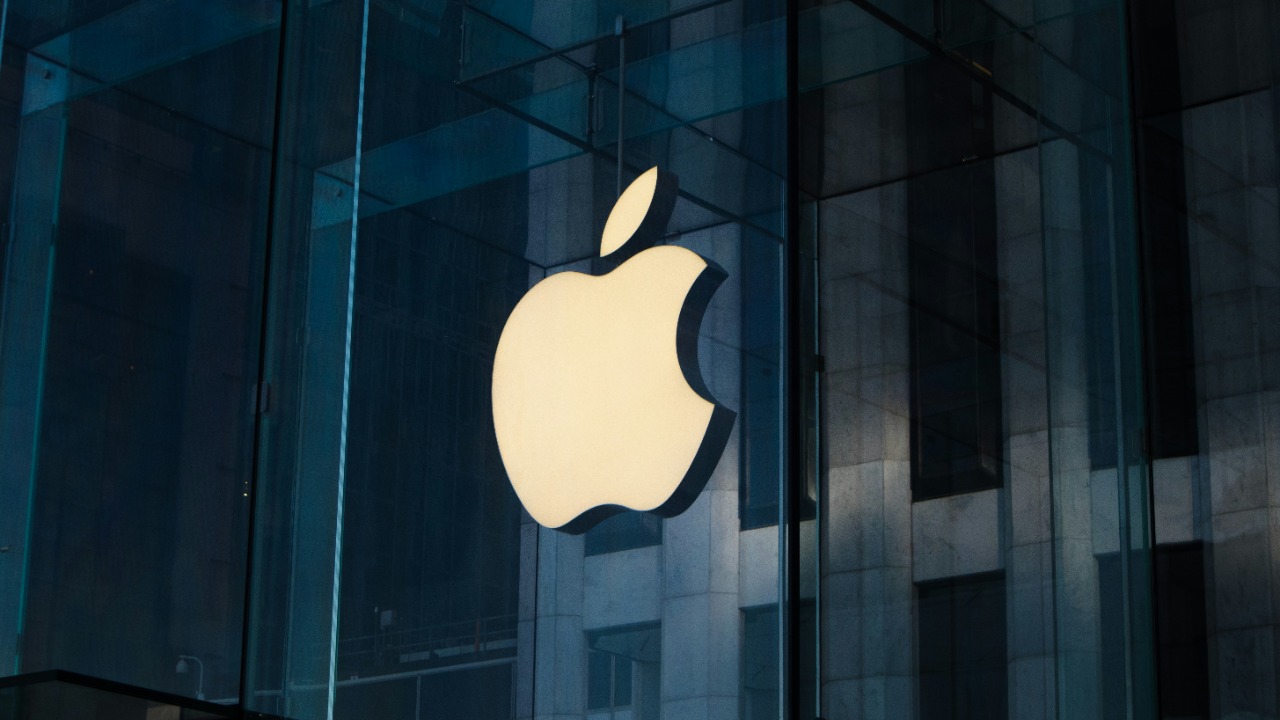
Apple has faced a significant legal setback in the United Kingdom, losing a class action lawsuit that accused the tech giant of imposing excessive charges and commissions through its App Store. This landmark ruling, delivered on October 23, 2025, has resulted in Apple being liable for £1.5 billion in damages. The decision could have far-reaching implications for how app developers and consumers engage with Apple’s iOS ecosystem in the UK.
The Origins of the UK Antitrust Case
The class action lawsuit against Apple in the UK was initiated by app developers who claimed that Apple’s App Store fees were not only excessive but also stifled competition. These developers argued that the high commissions imposed by Apple limited their ability to compete fairly in the market. The case is part of a broader wave of antitrust scrutiny that has been directed at Big Tech companies in the UK, reflecting ongoing concerns about the control these companies exert over their ecosystems. This lawsuit built on previous investigations into Apple’s practices, highlighting the growing regulatory focus on ensuring fair competition in digital markets.
Apple’s App Store policies have long been a point of contention, with developers arguing that the company’s commission structure is anti-competitive. The lawsuit in the UK specifically targeted these practices, alleging that Apple’s fees were designed to maintain its dominance by limiting the ability of smaller developers to thrive. This case is emblematic of the increasing regulatory pressure on tech giants to ensure their business practices do not unfairly disadvantage competitors or consumers.
Key Details of the Court Ruling
The UK court’s decision on October 23, 2025, marked a pivotal moment in antitrust litigation against Apple. The ruling found that Apple’s App Store fees violated competition laws, setting a precedent for future cases. This decision underscores the court’s view that Apple’s commission structure was not justifiable under current competition regulations. The ruling is considered a landmark because it challenges the long-standing business model of one of the world’s most influential tech companies, potentially paving the way for similar legal challenges in other jurisdictions.
The court’s focus was squarely on Apple’s app store commissions, which were deemed excessive and in violation of competition laws. This ruling could force Apple to reconsider its fee structure, not only in the UK but potentially in other markets where similar legal challenges might arise. The decision highlights the importance of regulatory oversight in ensuring that dominant market players do not abuse their positions to the detriment of competition and consumer choice.
Financial and Operational Consequences
As a result of the lawsuit, Apple faces £1.5 billion in damages, a significant financial penalty that reflects the court’s assessment of the impact of Apple’s practices on developers and consumers. This financial burden could prompt Apple to reevaluate its App Store fee structure in the UK, potentially leading to reduced commissions for developers. Such changes would align with the court’s findings and could help restore competitive balance in the app marketplace.
The class action lawsuit also ensures that affected UK consumers and developers receive compensation for the excessive charges they faced due to Apple’s policies. This aspect of the ruling highlights the court’s commitment to addressing the economic harm caused by anti-competitive practices. The financial implications for Apple are substantial, but the operational changes required could have an even more profound impact on how the company conducts its business in the UK and beyond.
Implications for Global Tech Regulation
The outcome of this UK antitrust case could have significant implications for global tech regulation, particularly in the European Union and other regions where similar concerns about app store fees have been raised. The ruling may embolden regulators and developers in other countries to pursue legal action against Apple, challenging the sustainability of its 30% commission rate. This could lead to a broader reevaluation of app store policies across the tech industry, affecting not only Apple but also competitors like Google, which operates a similar app distribution model.
The tech industry is closely watching the fallout from this decision, as it could signal a shift towards more stringent regulation of digital marketplaces. Companies that have relied on high commission rates may need to adapt their business models to comply with evolving regulatory standards. The ripple effects of this ruling could extend beyond Apple, prompting other tech giants to reassess their practices to avoid similar legal challenges. As regulatory scrutiny intensifies, the sustainability of current app store models will likely come under increasing pressure, potentially leading to more competitive and consumer-friendly digital ecosystems.
In conclusion, the UK court’s ruling against Apple represents a significant development in the ongoing debate over the fairness of app store fees. By holding Apple accountable for its commission practices, the court has set a precedent that could influence regulatory approaches worldwide. As the tech industry grapples with the implications of this decision, the focus will remain on ensuring that digital marketplaces operate in a manner that promotes competition and benefits consumers.
More from MorningOverview